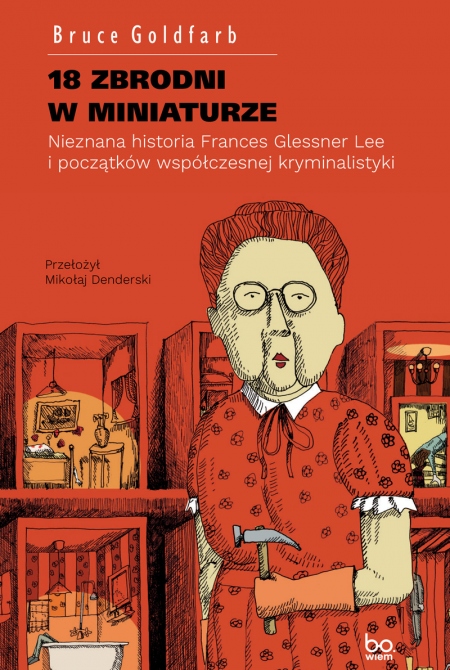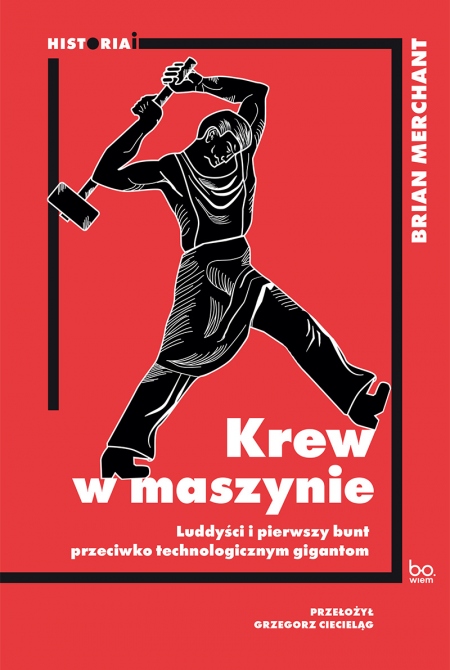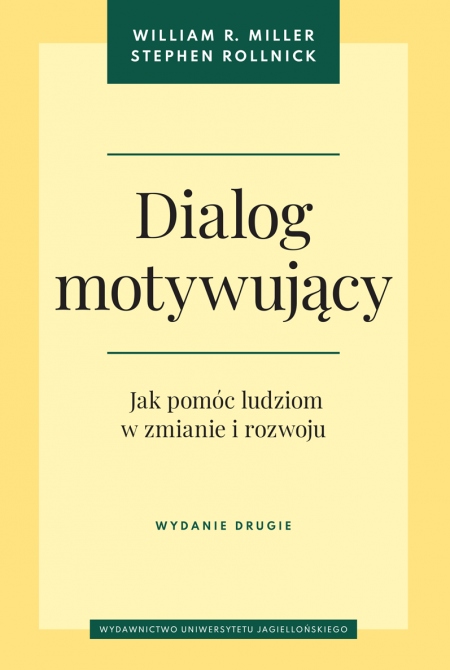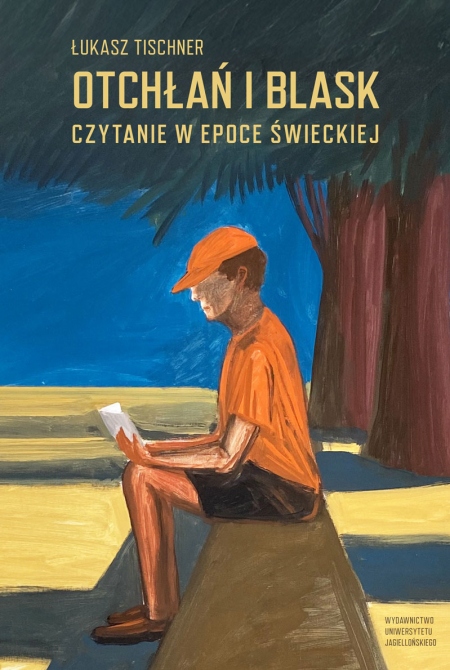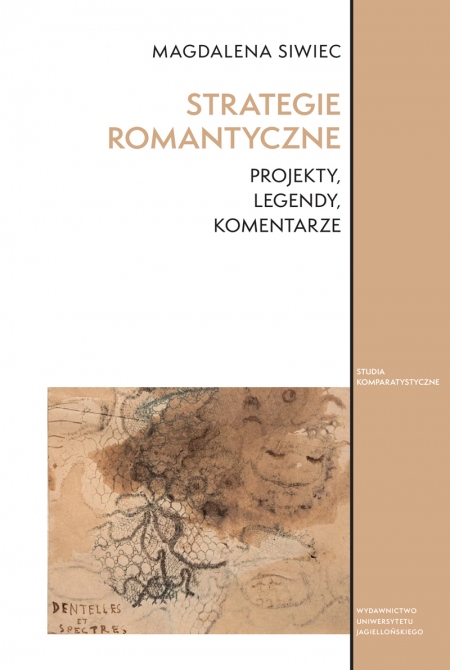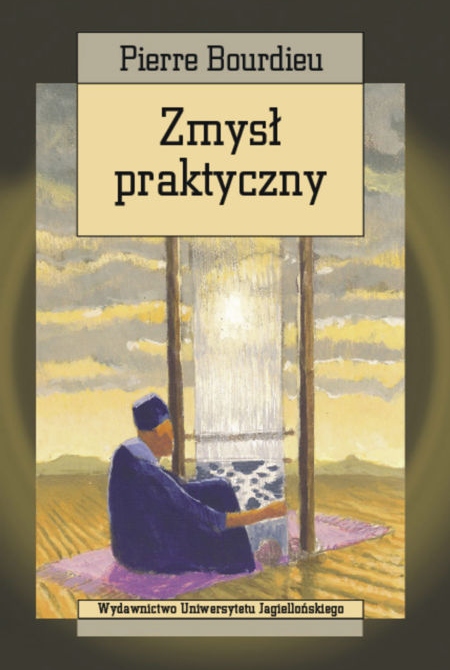
Zmysł praktyczny
Series: Cultura
Pages: 380
Book format: B5
Publication date: 2008
Release date: 10.08.2008
Book description
The Logic of Practice
Our usual representations of the opposition between the “civilized” and the “primitive” derive from willfully ignoring the relationship of distance our social science sets up between the observer and the observed. In fact, the author argues, the relationship between the anthropologist and his object of study is a particular instance of the relationship between knowing and doing, interpreting and using, symbolic mastery and practical mastery—or between logical logic, armed with all the accumulated instruments of objectification, and the universally pre-logical logic of practice.
In this, his fullest statement of a theory of practice, Bourdieu both sets out what might be involved in incorporating one’s own standpoint into an investigation and develops his understanding of the powers inherent in the second member of many oppositional pairs—that is, he explicates how the practical concerns of daily life condition the transmission and functioning of social or cultural forms.
Our usual representations of the opposition between the “civilized” and the “primitive” derive from willfully ignoring the relationship of distance our social science sets up between the observer and the observed. In fact, the author argues, the relationship between the anthropologist and his object of study is a particular instance of the relationship between knowing and doing, interpreting and using, symbolic mastery and practical mastery—or between logical logic, armed with all the accumulated instruments of objectification, and the universally pre-logical logic of practice.
In this, his fullest statement of a theory of practice, Bourdieu both sets out what might be involved in incorporating one’s own standpoint into an investigation and develops his understanding of the powers inherent in the second member of many oppositional pairs—that is, he explicates how the practical concerns of daily life condition the transmission and functioning of social or cultural forms.
Authors
Pierre Bourdieu
ISBN: 978-83-233-2496-6
Country of producer: Poland
RECOMMENDED BOOKS
NEW BOOKS

Zmysł praktyczny
Choose chapters to buy:
Order value:
0.00 zł

